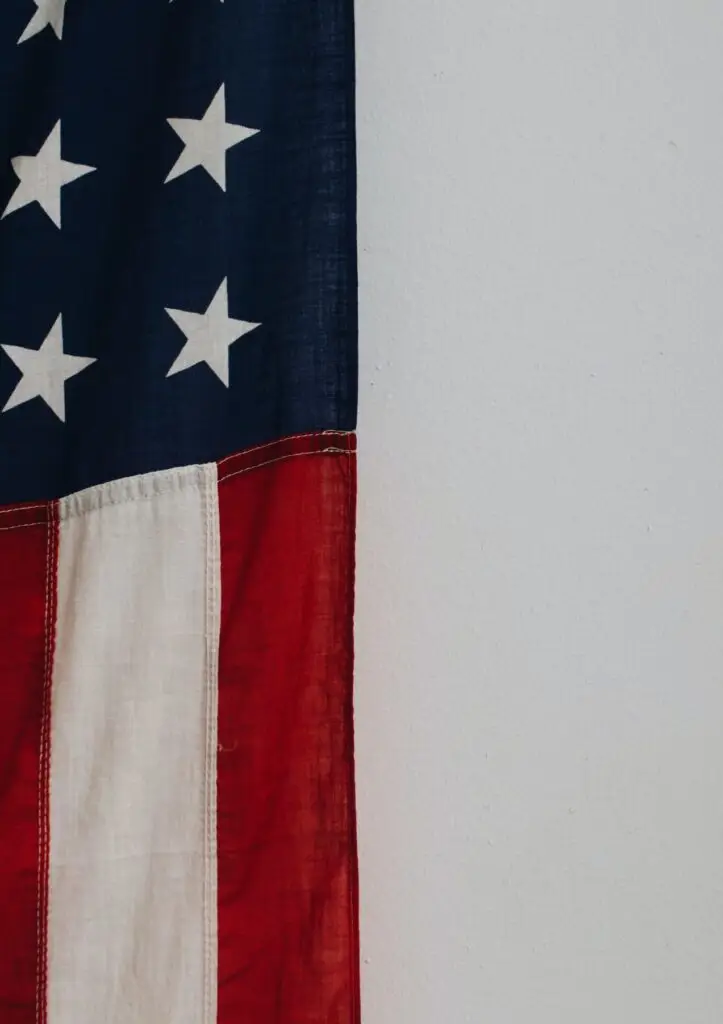Political cartoons are often biting with their sarcasm and witticism. This particular one certainly is. Political cartoons can also be timeless as they point to the foibles of humankind that transcend any particular moment in history.
With some minor changes the 1860 political cartoon “Going to the Right House” by lithographer Louis Maurer could be as pertinent today as it was when Abraham Lincoln first sought the presidency of the United States.
Historian David S. Reynolds in his recent book “Abraham Lincoln in His Times,” points out that Democrats, Southerners and conservatives believed the new Republican Party of 1860 threatened the ruin of the nation. Republicans, they charged, were associated with every subversive “ism” eating away at the structure of America.
Maurer captured that view in his political cartoon published just before Lincoln’s electoral victory. He pictured the would-be President startling a fence rail (a Lincoln campaign logo) and being carried into a white house titled Lunatic Asylum. Leading the way is renowned newspaper editor Horace Greeley, an anti-slavery champion and one of Lincoln’s major campaigners.
In the cartoon, Lincoln looks back at the crowd of reformers following him and declares, “I’m almost in and the millennium is going to begin, so ask what you will and it shall be granted.”
From the crowd comes a series of demands. A couple asks for a change is sexual ethics. In this case it is “free-love” and the banishment of marriage. Another follower advocates economic change and calls for the redistribution of property. A suffragette implores increased rights for women and foresees a time when women’s right will equal men’s.
A poor man, a tramp in the cartoon, asks for a free hotel room. A “street tough” – today we might call him a gang member – demands all policemen be fired. An African American announces, “The white man has no rights that Black persons have to respect,” but the sentence is in stereotypical dialect.
Religion, immigration and more had their advocates among Republican followers. Democrats of that day consider all the ideas worth of the lunatic asylum.
There is one more thing. In 1860, the United States of America was fractured and polarized. The Democrats stood for the status quo. Republicans pushed for change with their anti-slavery stance. But voters of many persuasions rallied to the Republican banner making Republican identity fuzzy at best. Still, when Republicans won, a civil war followed.
Some contend that current Democratic President Joe Biden won the 2020 election because of who he was not (Donald Trump), more than because of who he was or what his party advocated. The victory, they say, was “fuzzy.” Still, the United States is fragmented and polarized as reflected in the attempted insurrection of January 6.
Republicans and Democrats have switched labels over the years. Republicans of 1860 were the progressives. Today they are the conservatives fighting to hold on to the status quo. Democrats abandoned the conservative label and are today’s progressives.
But have the issues changed? Some of the details may be different, but at the core, the issues remain the same.
Sexual ethics and the status of marriage still dominate the public square. Same-sex marriage, homosexual rights, domestic contracts replacing marriages, polygamy – these are just some of the sexual ethics issues over which people argue today.
Tensions rise as economic inequities between the have and have-nots grow. A June 25, 2019 Brookings Institute report found that only the top 20 percent of American households had recovered from the Great Recession a decade later. The current pandemic only exacerbated the differences as the gap increases between the middle class and the economic elites. Distribution of property remains a hot button topic.
Women achieved many of the legal rights envisioned by the suffragette of 1860. Now the struggle is more about the role of women. Different expectations continue to divide society as bitterly as did the demand for the vote.
How to help hungry and hurting people, the sick and the poor; that was an issue in 1860 and it is today.
Perhaps like me you thought firing the police was a new idea when it was voiced following recent incidents of police brutality and abuse. To see the demand in Maurer’s 1860 cartoon was a surprise. But the issue remains unsolved. How does society ensure public safety and protect itself from crime and lawlessness while safeguarding the rights of all of its citizens?
Tension over race relations was not surprising in 1860. Democrats sought to protect slavery. Republicans sought to eliminate it. Slavery may have officially ended with the Civil War but America still pursues its ideal that “all men are created equal.” Sometimes that pursuit becomes a struggle.
Immigration in Maurer’s political cartoon showed fear that “the American way of life” was about to be overrun by a prominent religious group from Europe. Today that fear is focused on people crossing the nation’s southern border.
And don’t forget about Mr. Greeley. Democrats charged that mass media – northern newspapers – were unfairly carrying Lincoln to victory. Mass media is still that culprit for pundits across the political spectrum. Now social media is coupled with it.
Lincoln’s comment about the millennium about to begin illustrates another outlook that has not changed. Supporters of a winning candidate expect the spoils of victory – their goals to be championed. Losers are afraid their worst fears will be realized.
“Going to the Right House” is one of those rare creations that speaks pointedly to its own time and continues to speak through the years. The cartoon illustrates how little the political process has changed, how similar the issues are and the persistent qualities of human nature.
The cartoon illustrates one other point. Americans have struggled with these issues for a long time and we still have “miles to go before we sleep,” to quote poet Robert Frost. Hopefully, we will continue struggling as one people seeking to embrace our collective best. Hopefully, we will not degenerate into a people at war with themselves.




